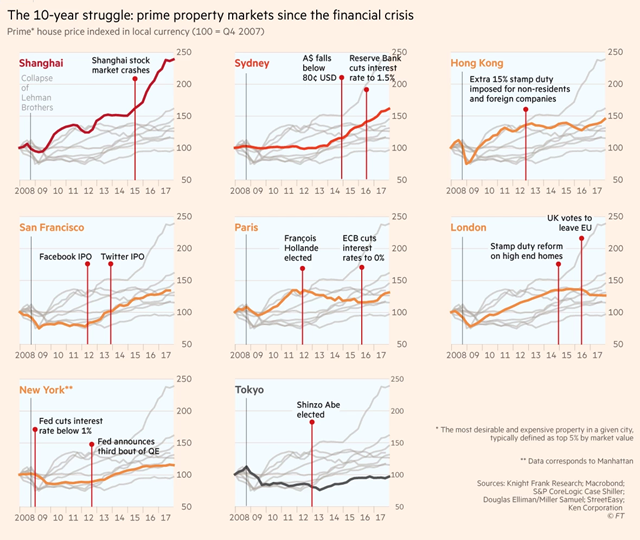Oceans face climate-change crisis: 'Life as we know it is going to end'
World’s nations must drastically reduce greenhouse-gas emissions, author says
By MONIQUE BEAUDIN, The Gazette, Published: Thursday, September 17, 2009 For more than two years, Canadian writer Alanna Mitchell travelled the world’s oceans, meeting scientists whose research was uncovering a crisis in the planet’s large bodies of water. Overfishing, coastal dead zones and rising water temperatures are just some of the problems plaguing the world’s oceans. Mitchell found the most serious challenge the oceans face is climate change. Rising levels of carbon dioxide in the air, the result of burning fossil fuels like oil and coal, mean more carbon dioxide is being absorbed into the ocean, making ocean water more acidic. Because calcium dissolves in acidic water, that poses a threat to corals, plankton and other life forms that use calcium to form a shell or skeleton. In a book published this year about the oceans, Mitchell tells the story of Colorado-based marine ecologist Joanie Kleypas, who, when she realized the implications of ocean acidification, ran to the bathroom at the scientific conference she was attending and threw up. “We are changing the chemistry of the global ocean,” Mitchell said in an interview. “Without all those creatures in the ocean living and doing what they’re meant to do, we can’t survive.” …

I can relate to the throwing up part.
Yeah, I think Kleypas's story is kind of famous now in the eco-science community.
Given the circumstances, and allowing for natural laws to be enforced by none other than "mother nature" herself, this is to be expected and is desirable (but perhaps disagreeable).
Given the circumstances, this is not to be unexpected or undesired outcome of the human experiment.
Oh, silly me. I guess since I'm not part of the eco-science community, I rather imagined we were a bit unusual. I have been having this violently visceral reaction for some time now, and I was so pleased to see that it is shared. Barf! I shall have to tune in to fellow vomiters somehow, more frequently, for advice on convenient toilets, to be handy.
What's interesting is the Greeks had all this figured out, thousands of years ago.
Icarus … made wings of wax and flew too close to the sun. He couldn't forsee the consequnces.
We are all Icarus …
Ah! The retch heard 'round the world…